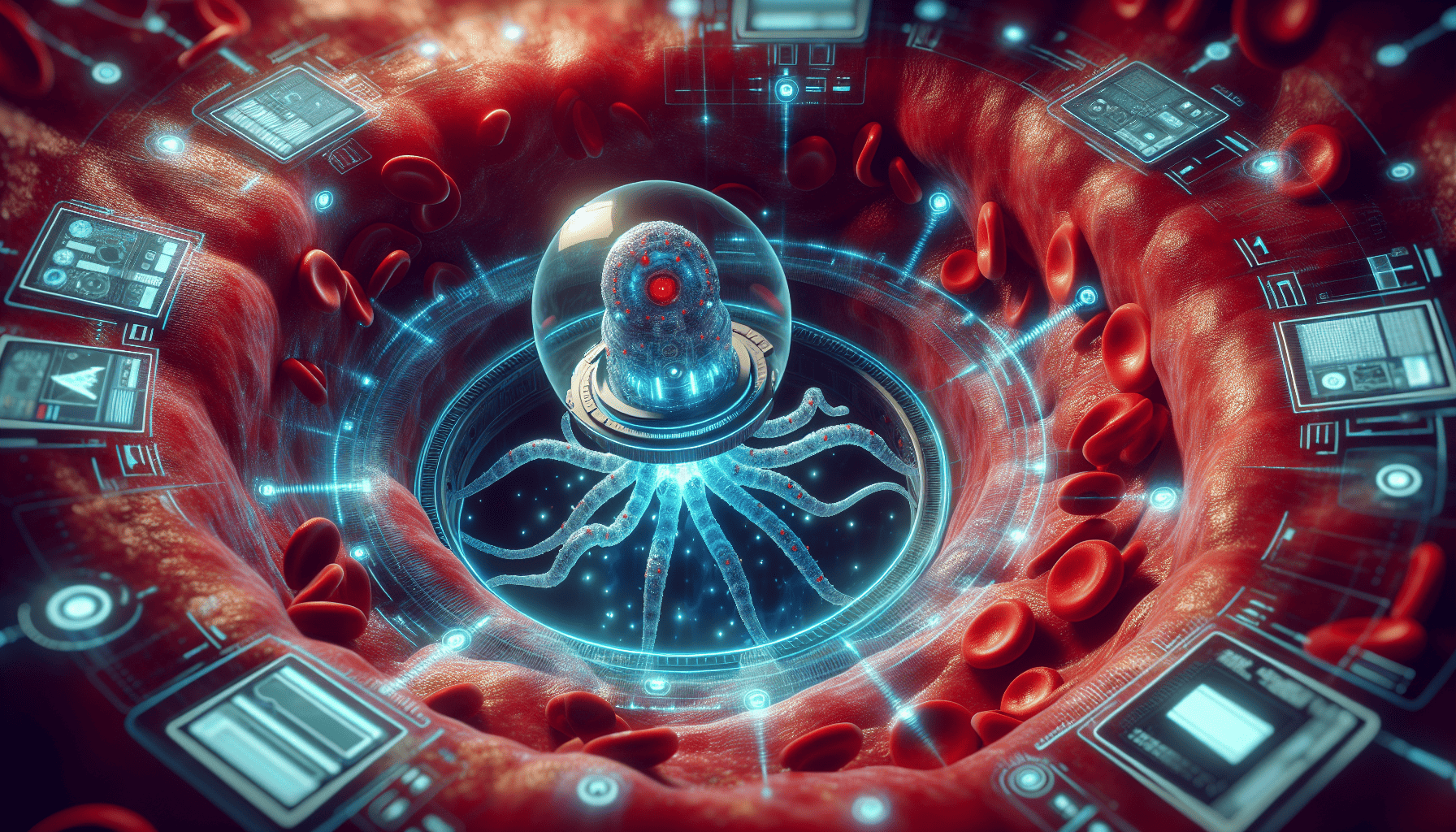Nanotechnology is rapidly emerging as a transformative force in the field of medicine, offering unprecedented possibilities for diagnosing, treating, and preventing diseases. By manipulating materials at the molecular and atomic level, scientists and medical professionals are unlocking new pathways for patient care that are more precise, efficient, and personalized than ever before.
One of the most promising applications of nanotechnology in medicine is in the field of targeted drug delivery. Traditional methods of administering medication often affect both diseased and healthy cells alike, leading to unwanted side effects and reduced efficacy. Nanotechnology circumvents this problem by enabling drugs to be delivered directly to the affected cells, minimizing collateral damage and optimizing therapeutic outcomes. This approach is particularly beneficial in the treatment of cancer, where nanoparticles can be engineered to recognize and bind to cancer cells, delivering chemotherapy drugs precisely where they are needed while sparing healthy tissue.
In addition to targeted drug delivery, nanotechnology is revolutionizing diagnostic techniques. Nanoscale sensors and imaging agents enhance the sensitivity and accuracy of diagnostics, allowing for the detection of diseases at much earlier stages. This early intervention is crucial in conditions such as cancer and infectious diseases, where early diagnosis can significantly improve survival rates and treatment outcomes. Nanotechnology enables detailed imaging of cellular processes, providing healthcare professionals with the tools to understand the intricacies of disease mechanisms and to develop more effective treatment strategies.
Moreover, the capability of nanotechnology extends to regenerative medicine and tissue engineering. Nanomaterials can be used to construct scaffolds that mimic the structure of natural tissues, supporting cell growth and tissue repair. This is a pivotal development for patients needing organ transplants or for those with injuries that require tissue regeneration. By enhancing the body’s natural repair mechanisms, nanotechnology promises to reduce dependency on donor organs and improve recovery times.
The global impact of nanotechnology in medicine is significant. It not only fosters innovation in high-income countries but also holds immense potential for improving healthcare access and quality in low- and middle-income regions. By enabling the development of low-cost, portable diagnostic devices and effective therapies, nanotechnology can bridge the gap in healthcare disparities, providing communities with better healthcare solutions.
However, as promising as these advancements are, it is essential to address the ethical and safety concerns associated with nanotechnology in medicine. The long-term effects of introducing nanoparticles into the human body remain largely unknown, necessitating comprehensive research and rigorous regulatory frameworks to ensure patient safety. Collaborations between scientists, healthcare providers, regulators, and ethicists are crucial to navigate these challenges and to ensure that the benefits of nanotechnology are realized responsibly.
In conclusion, nanotechnology is poised to redefine the landscape of medicine, offering innovative solutions that enhance the diagnosis, treatment, and prevention of diseases. As research and development continue to advance, the integration of nanotechnology into medical practice promises to bring about a new era of healthcare that is more effective, personalized, and equitable, transforming the lives of patients around the globe.
